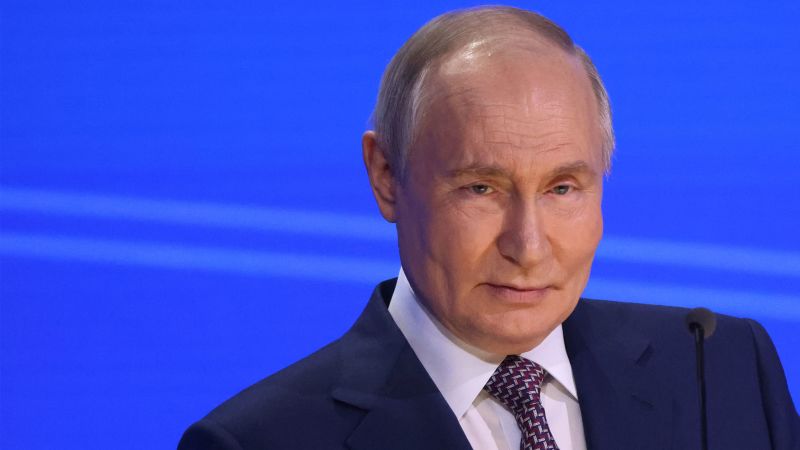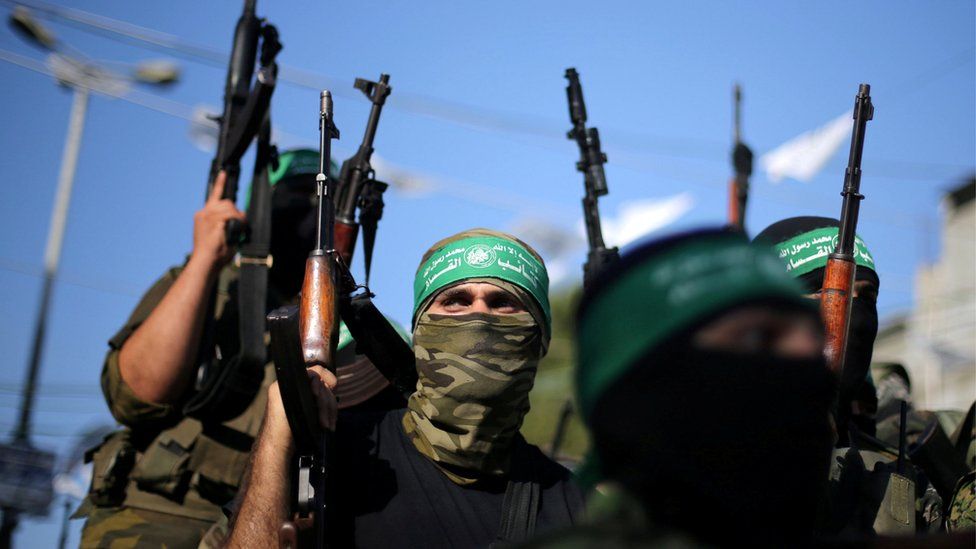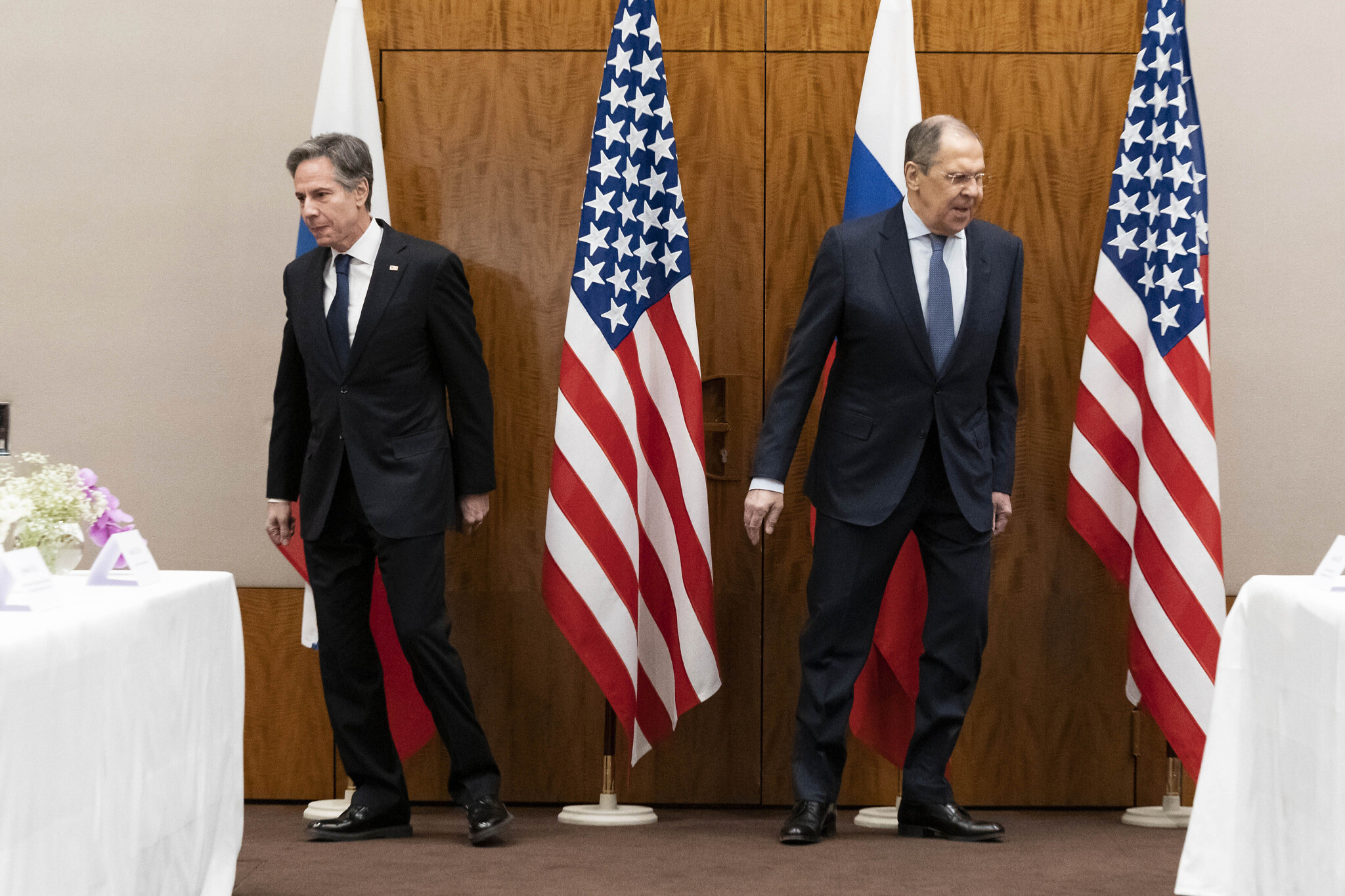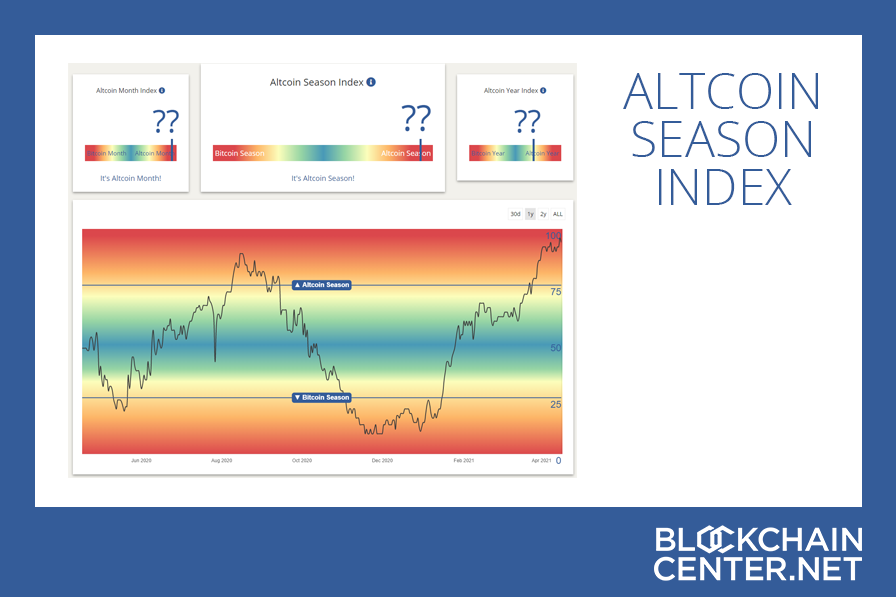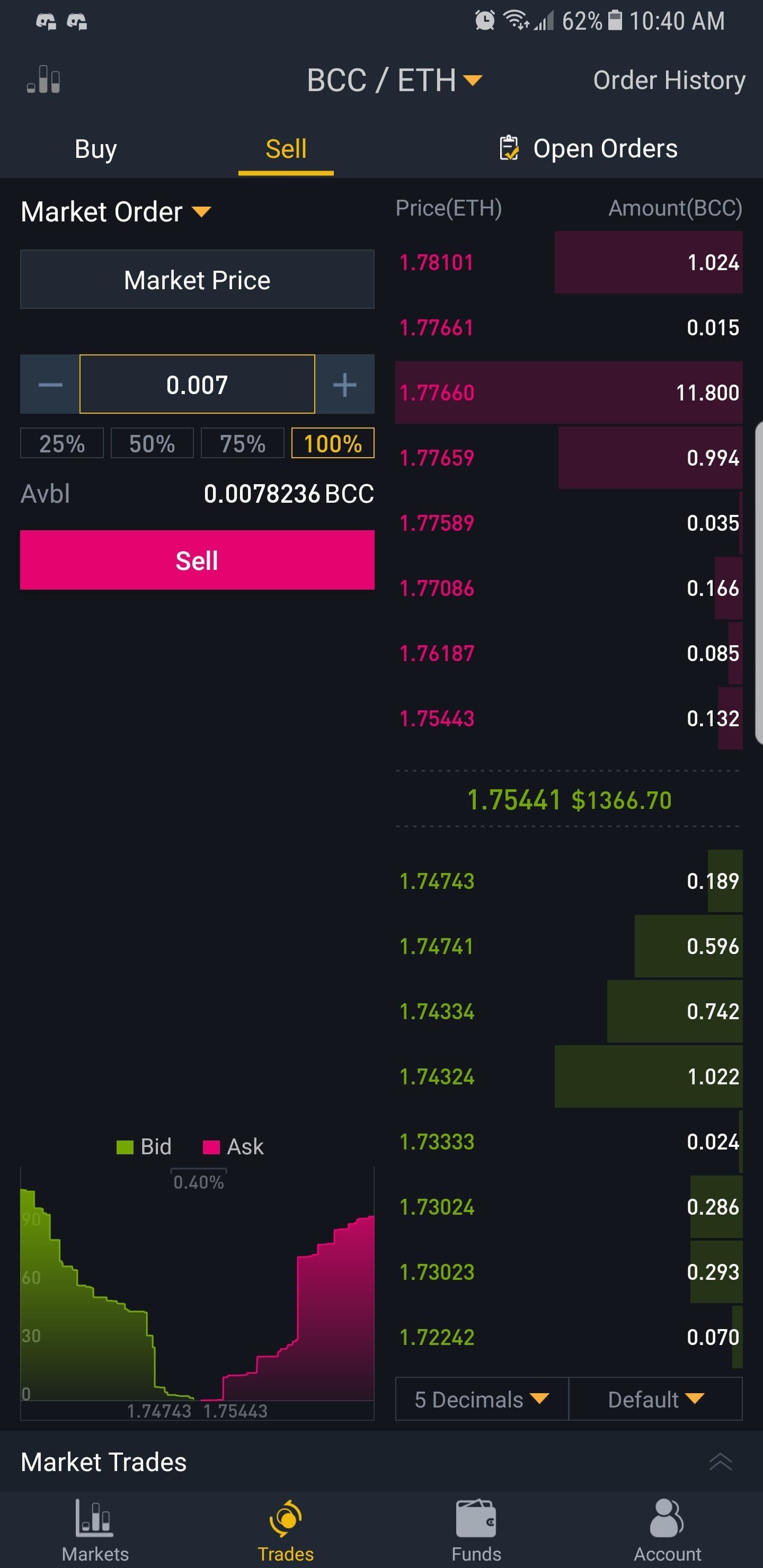Let’s be brutally honest: the narrative swirling around Putin right now is that he believes he holds all the cards. Sources are whispering he’s dug his heels in, and frankly, doesn’t see a compelling reason to offer any genuine concessions. This isn’t about strategy; it’s about perceived leverage, and Putin believes he has it.
So what’s a former president – and potential future one – like Trump supposed to do? That’s the million-dollar question, isn’t it? It’s a precarious position, to say the least, navigating a dictator who appears to operate outside the bounds of conventional negotiation. This isn’t chess; it’s high-stakes poker with a player who might not even understand the rules.
Understanding Asymmetric Information & Geopolitical Risk (A Quick Primer):
Asymmetric information, simply put, is when one party in a negotiation knows more than the other. Putin likely has a clearer understanding of Russia’s internal tolerance for pain than the West does.
Geopolitical risk isn’t merely about conflict; it’s about the potential for instability and the disruption of global markets. Putin’s actions significantly increase this risk.
Furthermore, understanding the concept of ‘rational actor’ is crucial. While we assume leaders act rationally, maximizing their interests, Putin’s actions challenge that assumption. His motivations seem increasingly driven by historical grievances and power plays.
Finally, leverage isn’t static. It shifts with events on the ground, economic pressures, and diplomatic maneuvering. The West needs to actively work to reduce Putin’s leverage, and quickly. Don’t expect miracles, folks, but recognize the game being played.
